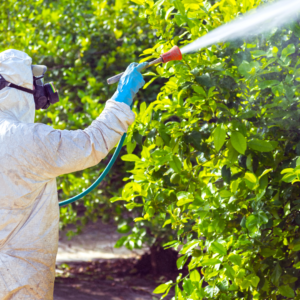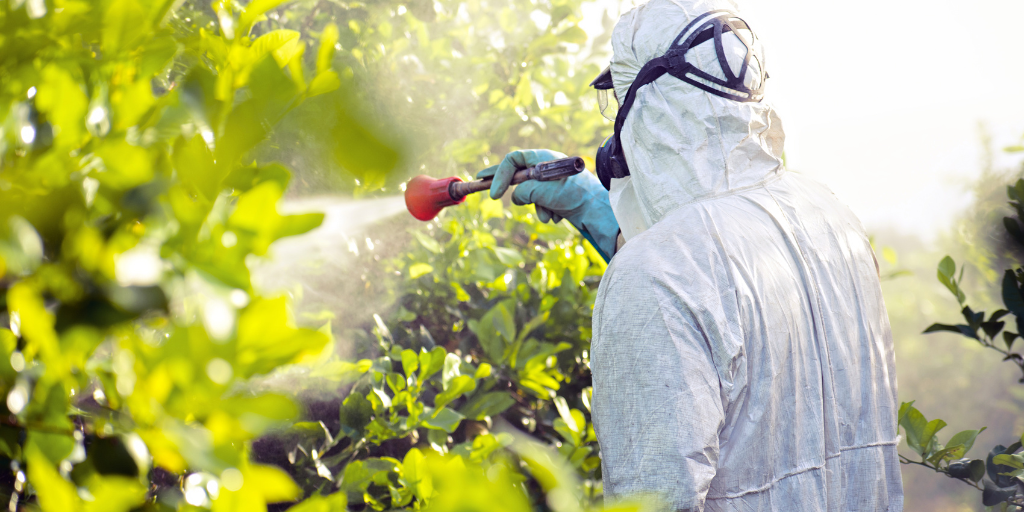Pest control is an integral part of agriculture and remains one of the most important steps in producing healthy crops, fruits, vegetables, and other agricultural products. Pests can damage crops by eating them, transmitting diseases, or competing with them for resources such as water, sunlight, and nutrients. Therefore, it is essential to have a proper pest control program in place to ensure that the crops are kept healthy and free from damage.
If you suspect an infestation, you can trust that Cockroach Control Tauranga professionals will be equipped with the expertise and resources to assess the situation, develop an effective control plan, and implement the necessary measures to eliminate the cockroach problem. Their knowledge of local cockroach species, their habits, and the most suitable control methods will ensure a thorough and targeted approach to tackling the infestation. Additionally, they can provide guidance on preventive measures to minimize the chances of future infestations, ensuring a long-term solution to your cockroach control needs.
Pests can be managed through a variety of methods, including mechanical, cultural, biological, and chemical controls. Mechanical pest control involves trapping or removing pests from crops, while cultural control involves encouraging beneficial organisms such as parasitoid wasps to attack pests in order to reduce their numbers. Biological pest control methods involve introducing natural predators and parasites to the crop environment in order to reduce pest populations, while chemical pest control involves the use of pesticides.
The Importance of Pest Control in Agriculture
 This cannot be overstated. Pest control helps to reduce crop losses, ensure greater food security, and protect agricultural ecosystems from the harmful effects of pest infestations. It also ensures that crops remain healthy and productive, providing a vital source of income for farmers and a secure food supply for consumers. For these reasons, it is essential that all farmers have a good pest control program in place that is effective, sustainable, and safe for both humans and the environment.
This cannot be overstated. Pest control helps to reduce crop losses, ensure greater food security, and protect agricultural ecosystems from the harmful effects of pest infestations. It also ensures that crops remain healthy and productive, providing a vital source of income for farmers and a secure food supply for consumers. For these reasons, it is essential that all farmers have a good pest control program in place that is effective, sustainable, and safe for both humans and the environment.
Pest control is also important to protect public health. Many pests carry diseases that can be spread to people through contact with their food or other contaminated objects. As such, it is essential to ensure that crops are free from disease-causing pests. This can be achieved through the use of effective pest control methods, including those mentioned above.
Benefits of Pest Control

Pest control offers numerous benefits for farmers and agricultural producers. One of the most important benefits is that it prevents or reduces losses caused by pests. This includes losses in terms of crop yield, quality, and market value. Pest control also helps to reduce the risk of disease transmission from insects or other animals to humans. In addition, it can help to protect crops from damage caused by weather extremes such as drought or flooding.
In conclusion, pest control is an essential component of agriculture and should be taken seriously by all farmers in order to ensure healthy crops and a safe food supply for consumers. Implementing effective strategies that are sustainable and safe for both humans and the environment is essential in order to protect public health, reduce crop losses, and ensure food security.
Additional Information:
In addition to proper pest control methods, farmers should also take steps to prevent pests from entering their fields. This can include maintaining clean and well-maintained fields; using protective netting or screens on crops; and avoiding the use of excessive amounts of chemical fertilizers or pesticides. By taking these steps, farmers can help reduce the need for pest control and ensure that their crops remain safe and healthy.

